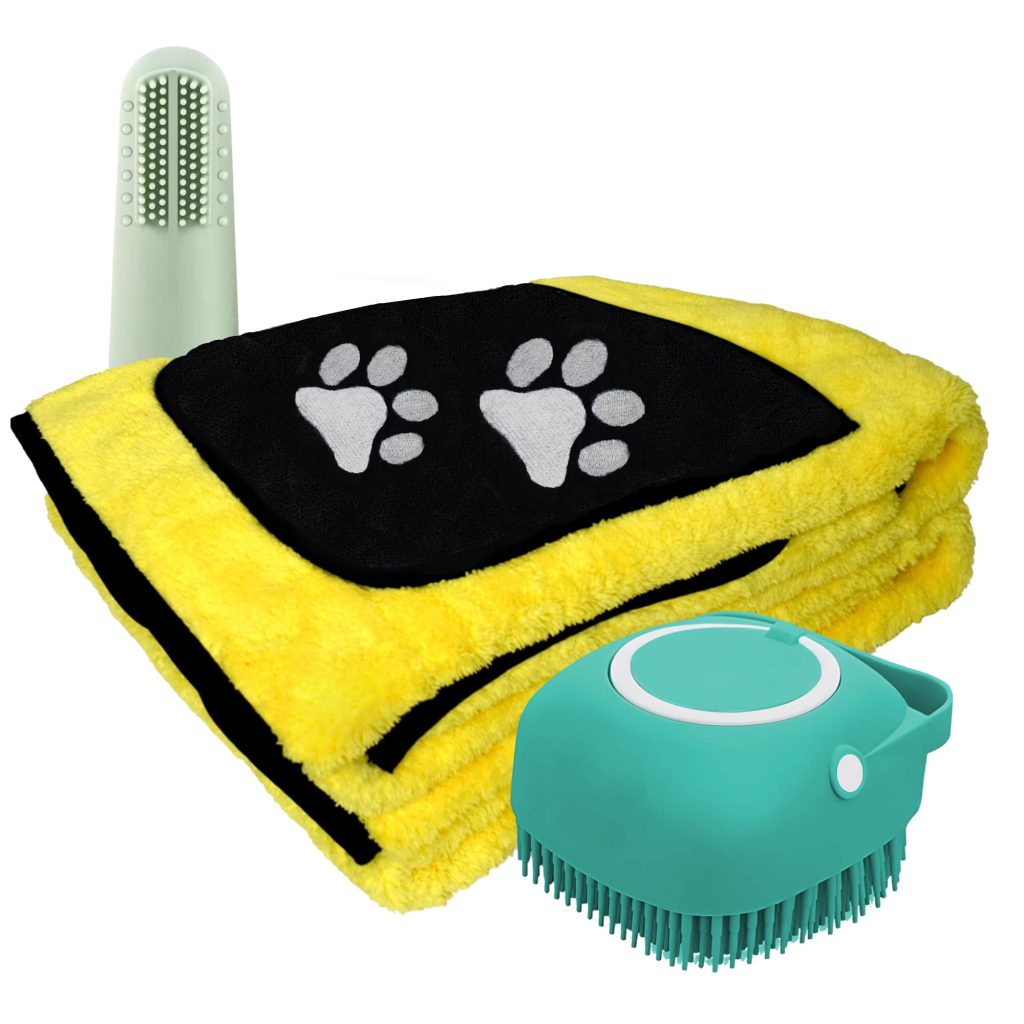The Power of Positive Reinforcement in Dog Training

Positive reinforcement is a powerful tool in dog training that can help promote good behavior, improve the bond between dogs and their owners, and enhance the overall well-being and health of our four-legged friends. By using positive reinforcement techniques, such as rewards and praises, we can effectively train our dogs while also ensuring their physical and mental needs are met.
Exercise Requirements:
Regular exercise is important for maintaining a dog’s physical health. The amount of exercise needed depends on the breed, age, and overall health of the dog. Most dogs require at least 30 minutes to two hours of exercise per day. Engage your dog in activities like walking, running, playing fetch, or interactive games to ensure they get the exercise they need.
Common Health Issues and Treatments:
Dogs can experience a range of health issues throughout their lives. Some common health problems include allergies, ear infections, dental issues, obesity, and joint problems. It’s important to be aware of the symptoms and consult a veterinarian if any health issues arise. Treatment options can include medication, dietary changes, physical therapy, or surgery.
Dental Care:
Dental care is often overlooked but is essential for a dog’s overall health. Dental problems can lead to pain, infections, and even organ damage if not addressed. Regular brushing with a dog-friendly toothbrush and toothpaste is recommended. Additionally, providing dental chews or toys can help promote healthy teeth and gums.
Age-Related Health Changes:
As dogs age, they may experience various health changes. Common age-related issues include arthritis, hearing loss, vision problems, and cognitive decline. It’s important to monitor your dog’s health closely as they age and make necessary adjustments to their routine or environment to accommodate their changing needs.
Mental Stimulation:
In addition to physical exercise, dogs also need mental stimulation to keep their minds sharp and prevent behavioral problems that can arise from boredom. Engage your dog in activities such as puzzle toys, obedience training, scent games, or interactive play to provide mental stimulation and prevent boredom.
Preventive Care:
Preventive care plays a important role in maintaining a dog’s health. Regular visits to the veterinarian should be scheduled for check-ups, vaccinations, and preventive treatments for fleas, ticks, and heartworm. Maintaining a healthy diet, providing fresh water, and keeping your dog’s living environment clean are also essential aspects of preventive care.
Positive reinforcement in dog training not only helps shape good behavior but also contributes to the overall health and well-being of our furry friends. By providing regular exercise, addressing common health issues, maintaining good dental hygiene, adapting to age-related changes, providing mental stimulation, and prioritizing preventive care, we can ensure our dogs live happy, healthy lives.







